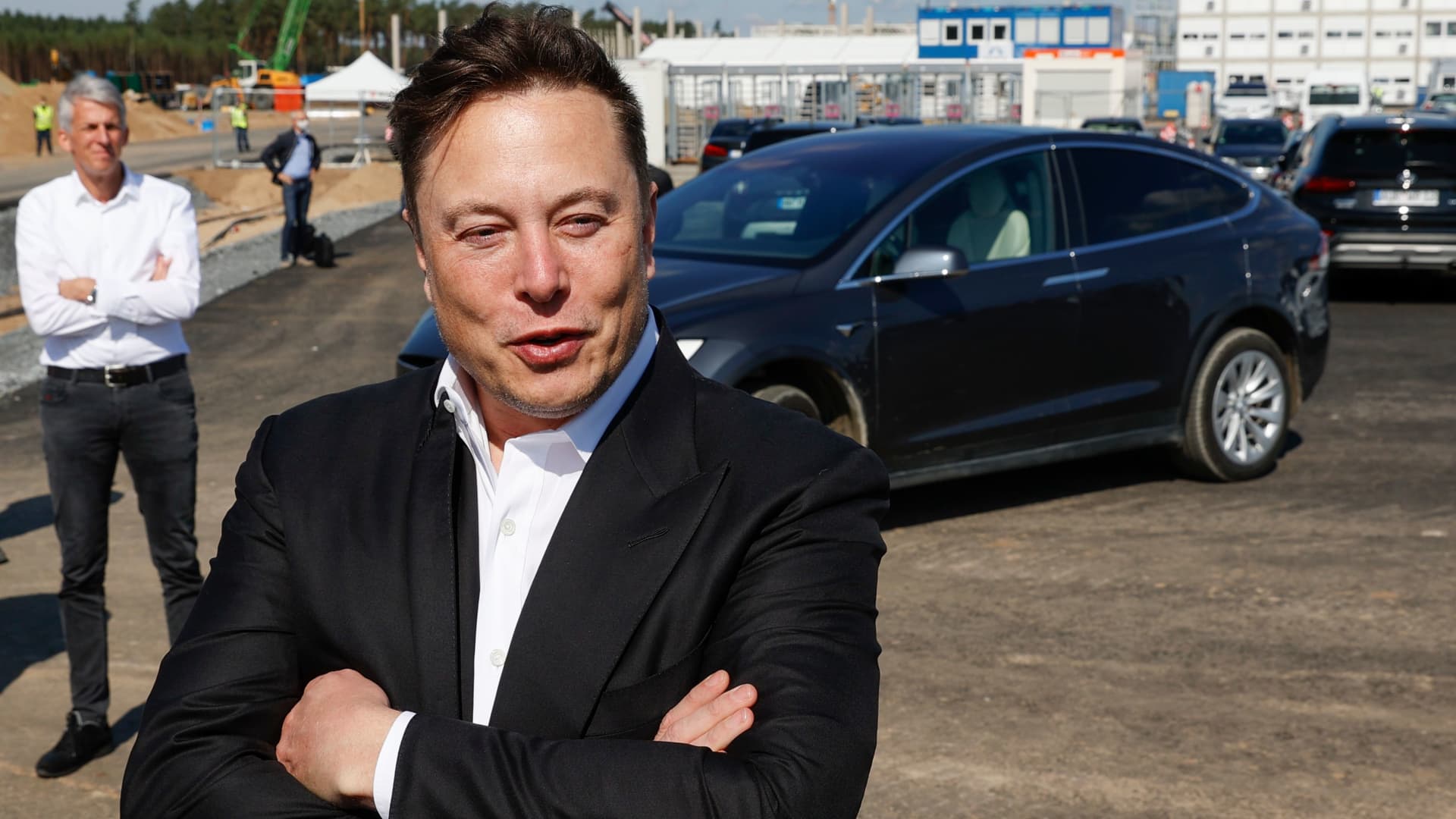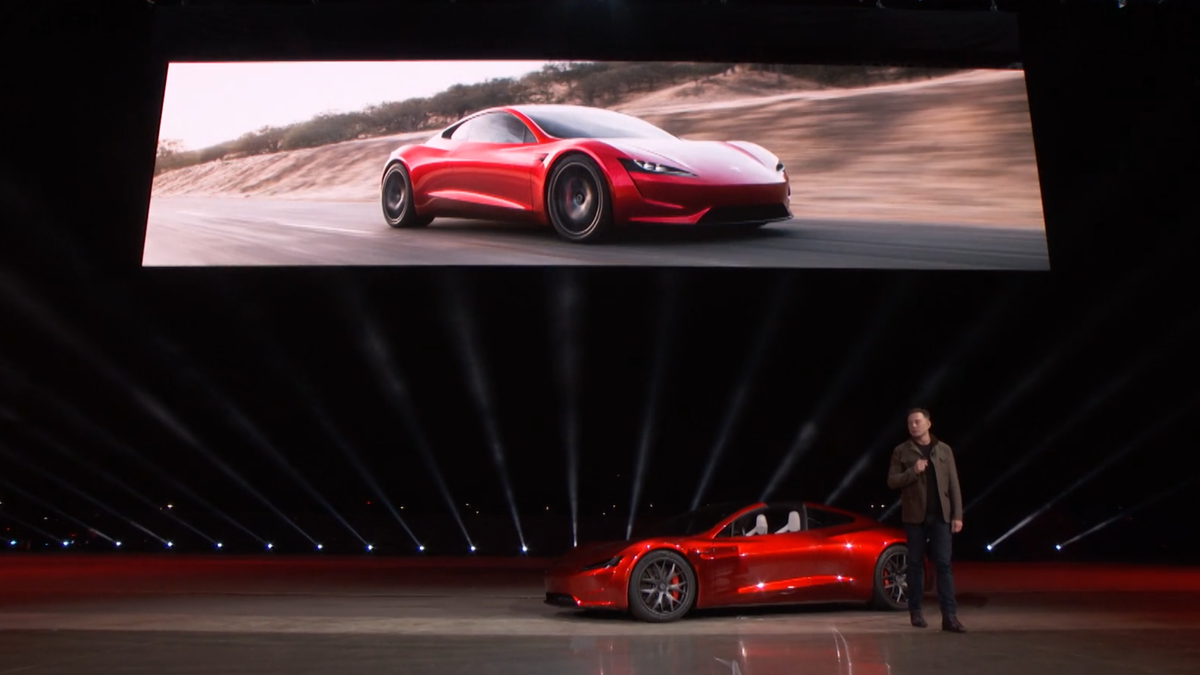Well, it’s been a year! Apparently, Discourse notifications do work.
Twitter doesn’t seem to have died. I’m reminded of this article, also from just over a year ago:
Basically, nothing from that article came to pass. Almost the exact opposite, really: the article stated that small problems would keep compounding until they became significant (within six months, which was considered “generous”). But in fact what happened is that while there were some early glitches, they all got squashed pretty quickly. The only real issues have been limited to new feature releases, or stress tests beyond what’s been tried before. There have been no significant outages of any kind, and lately there haven’t even been small glitches (aside from the usual complaining about how the algorithm ranks people’s tweets).
Has traffic collapsed? Doesn’t seem like it. I captured this ranking from Semrush.com last year (October '22):
https://i.imgur.com/xWH8LJZ.png
Twitter at #4 with 8.0B visits. And then from September this year:

Well, they’re down to #5. But with 8.4B hits, so overall traffic has increased. Interestingly, though, X.com gets 1B hits. If you add them together (since they go to the same place), it would put Twitter above Wikipedia and back at #4. Either way, this isn’t exactly some giant collapse.
Ok, but what about the zeitgeist? Has Twitter left the public consciousness? This is fuzzy and impossible to say anything objective about, but again: doesn’t seem like it.
For instance, the recent stuff about OpenAI was entirely hashed out on Twitter before it made it to the media (which just repeated what was already posted). So major stories are not just breaking on Twitter, but it’s actually the primary source for information on these stories.
And not that the SDMB is exactly a hot website, but the external social media links here are still dominated by Twitter. It’s certainly the most common social media source in breaking news threads like “Russia Invades Ukraine”.
As for its peers, I don’t know that I’ve ever seen a Mastodon link to anything, and just one or two Threads links (which couldn’t be read in-line). Bluesky is still closed so I suppose it’s no surprise we don’t get anything from there. The only social media site that sees remotely comparable use here is YouTube, but it’s not as common for breaking news stuff (plus a lot of people don’t know how to work around Discourse’s breakage).
At any rate, obviously there is still a great deal of turmoil, especially with respect to advertising. But even with zero advertising, Twitter would be losing money at a lower rate than when it was bought, and Musk can easily fund it indefinitely with money from his sofa cushions. So it’s unlikely to go under from lack of funding.
Does the current state even remotely resemble the catastrophe you predicted? They haven’t yet turned it into an “everything app,” so we’ll have to wait and see on that one. But in my view, the site still functions we well as it did before Musk bought it, and as best I can tell, whatever political extremism exists there is invisible to anyone that doesn’t intentionally seek it out.



